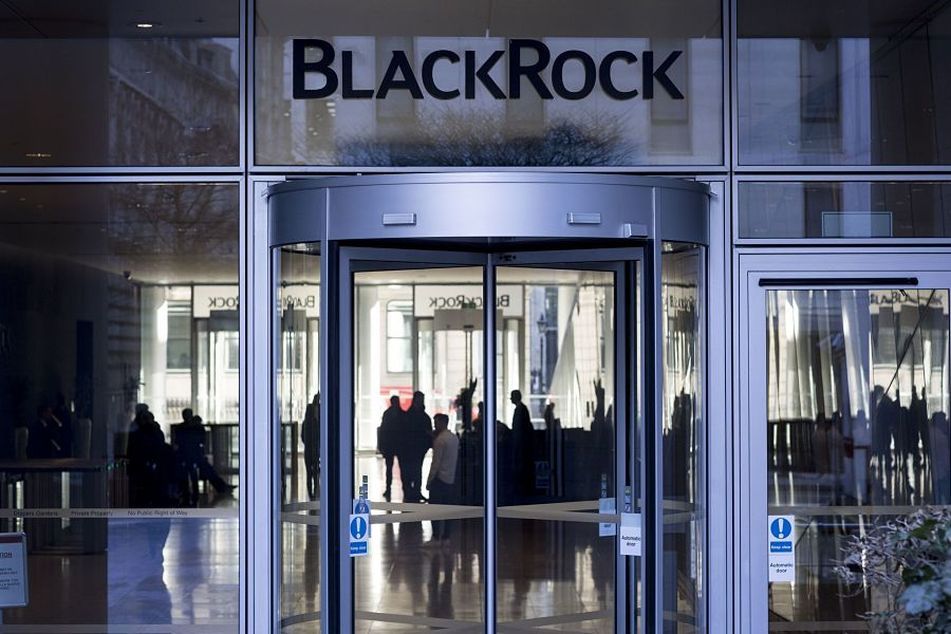BlackRock’s Fink puts private equity on the front burner

CEO Larry Fink said access to private equity should increase and allocations should be in the 20% range, while speaking at the Charles Schwab Impact conference.
In the category of “talking your book,” BlackRock Inc. is not being shy about encouraging investors to move beyond traditional portfolio models to include higher allocations to alternatives, specifically private equity.
During a session Wednesday at the Charles Schwab Impact conference, BlackRock executives, including CEO Larry Fink leaned hard into the notion of increased exposure to illiquid investments for diversification and enhanced returns.
“The drive toward more illiquid investments in equity and debt have exploded because we’ve seen so many more investors worldwide accept illiquidity,” said Fink, who suggested allocations as high as 30% to alternative investments makes sense for long-term investors.
“Historically, private investing used to be based on more value oriented and cash-flow oriented, now it’s more growth oriented and still value oriented,” he said.
However, he warned advisers and investors to not get too caught up in the appeal of less-liquid private investments.
“I would urge every asset owner to make sure you understand your liabilities, so that in a market shock, you don’t have to divest,” Fink said. “We saw that during the financial crisis when some foundations had to sell for liquidity.”
Fink and the other BlackRock representatives stressed the growing reality of inflation as one of the reasons for diversification beyond traditional portfolio models based on allocations of 60% stocks and 40% bonds.
Jon Diorio, managing director and a member of BlackRock’s product and platform group, said to help reconcile the “mismatch between allocations and expected returns,” investors might need to allocate up to 20% of their portfolios to private investments, up from less than 5% on average today.
He said the modern 60/40 portfolio should look more like 50% stocks, 30% bonds and 20% alternatives.
As the public equity markets have gradually contracted, the private market has tripled in size over the past 10 years, according to Lynn Baranski, managing director and global head of investments for BlackRock Private Equity Partners.
“Over the past 20 years, private equity has outperformed the public markets,” she said, citing the wider universe of companies to choose from.
And while the biggest rub against private investments is often the limited liquidity, Diorio pointed out that the average holding period of mutual fund investors is four-and-a-half years, raising the question: “Do investors really need all that liquidity?”
Learn more about reprints and licensing for this article.








